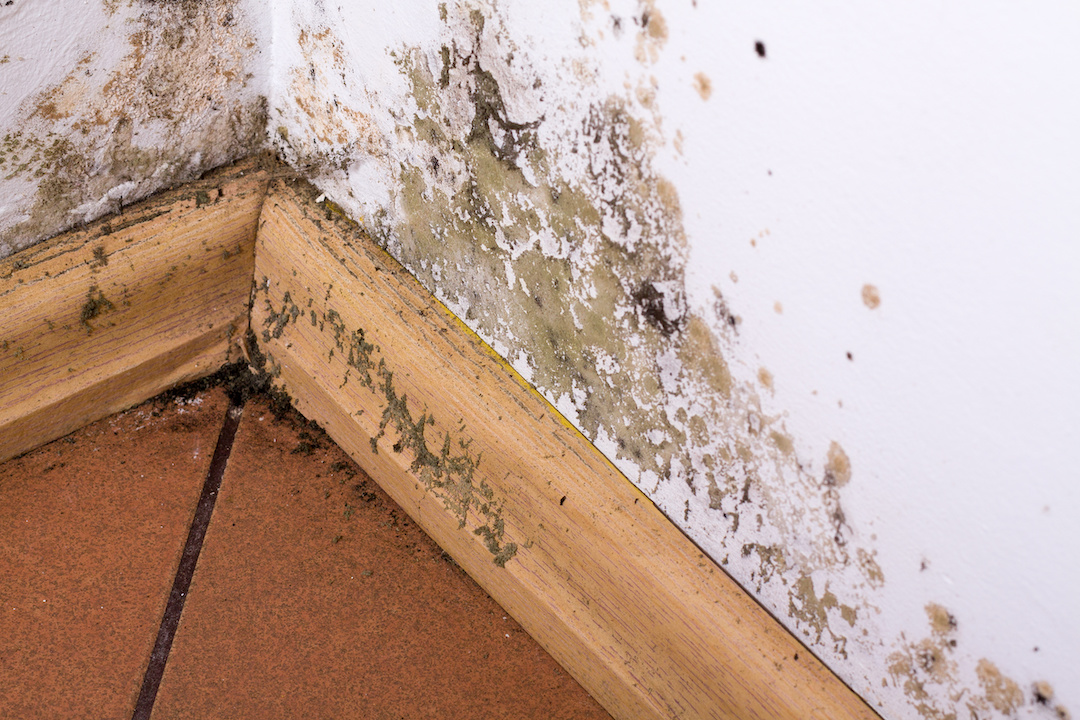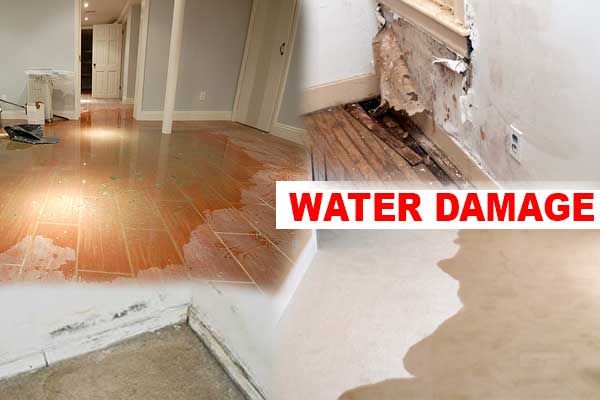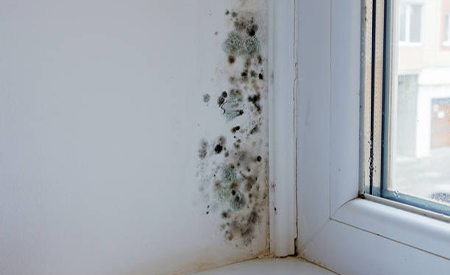Professional Water Damage Restoration for Homes and Businesses Near You
Professional Water Damage Restoration for Homes and Businesses Near You
Blog Article
The Process of Water Damages Clean-up: Guaranteeing Your Home Is Brought Back Properly
Water damages can be a difficult difficulty for house owners, demanding a organized and precise cleaning process to bring back safety and security and performance. At first, a thorough analysis is essential to determine the level of the damage and establish the appropriate removal measures. Following this, reliable water removal strategies play a pivotal duty in minimizing further harm. The subtleties of drying out, disinfecting, and eventual repair are equally vital and commonly forgotten. Understanding these phases can make a considerable distinction in the end result of your home's remediation, triggering a closer appearance at what each action entails.
Examining the Damages
Upon finding water damages, the initial step is to thoroughly evaluate the degree of the impact. This preliminary analysis is crucial, as it helps establish the needed steps for effective cleanup and restoration. Begin by evaluating the impacted locations, including walls, ceilings, floors, and individual items, to determine the resource of the water intrusion, whether from flooding, leakages, or condensation.
Documenting the damages is important for both insurance coverage cases and preparing repair initiatives - damage restoration services. Usage photographs and written notes to catch the severity of the damages, keeping in mind any damaged architectural components and materials. Pay unique attention to areas that may not be promptly noticeable, such as behind wall surfaces and under carpetings, as concealed dampness can cause additional complications, including mold growth
Furthermore, analyze the timeline of the water direct exposure. The longer the products continue to be damp, the greater the possibility for damages. Comprehending the period of direct exposure will notify the urgency of remediation initiatives. Ultimately, a thorough analysis prepares for an effective water damage cleaning procedure, making certain that all impacted locations are addressed successfully and thoroughly.
Water Removal Strategies

Experts usually utilize completely submersible pumps for bigger volumes of water, which can swiftly ease flooding in basements or various other affected areas. For smaller quantities, wet/dry vacuums are usually utilized to remove recurring dampness from carpetings and difficult surface areas. Additionally, making use of portable extractors permits targeted removal in constrained areas or locations with delicate products.
In circumstances of infected water, such as sewer or floodwater, progressed removal methods may include making use of biohazard equipment to guarantee safety and conformity with health guidelines. High-powered removal devices are essential in minimizing water retention in architectural materials, which can result in mold and mildew growth and architectural deterioration if not dealt with immediately.
Eventually, the performance of water removal strategies plays a crucial duty in the overall success of the water damages cleanup procedure, preparing for succeeding reconstruction efforts.
Drying and Dehumidification
When standing water has been successfully drawn out, the next critical stage in the water damages clean-up process is drying out and dehumidification. This action is important to avoid additional damages and mold and mildew growth, which can click this link take place within 24 to 2 days in moist atmospheres.
To achieve efficient drying, specialized devices such as industrial-grade air movers and dehumidifiers is used. Air movers distribute air throughout wet surfaces, improving evaporation rates, while dehumidifiers lower moisture degrees airborne, promoting a conducive setting for drying. The combination of these devices guarantees that moisture is extracted from home furnishings, floors, and wall surfaces, permitting them to dry completely.
It is necessary to keep track of the try this drying out procedure very closely. Specialists often utilize wetness meters to analyze the wetness material in various materials, making sure that all influenced areas get to acceptable dry skin levels. This careful strategy aids to prevent covert dampness pockets that could bring about architectural damages or harmful mold and mildew growth.

Cleansing and Sterilizing
After the drying out and dehumidification stage is total, the following crucial step in water damage cleanup is cleaning up and sterilizing the impacted locations. This procedure is essential to avoid the development of mold and mildew, bacteria, and various other virus that prosper in moist atmospheres.
The cleansing stage normally entails removing any debris, dirt, and impurities from surface areas utilizing specialized cleaning up agents. For hard surface areas, a mix of soap and water or industrial cleaning products is typically employed. Soft products, such as upholstery and carpets, might call for a lot more considerable cleaning methods, including vapor cleaning or deep extraction strategies, to make sure complete sanitation.

Disinfecting follows cleansing, making use of EPA-approved disinfectants to get rid of damaging bacteria. This step is essential, particularly in areas that might have come into contact with floodwaters or sewer, as these sources can present severe health dangers.
Additionally, it is essential to attend to any type of remaining smells, which might call for making use of odor neutralizers read the article or innovative methods like ozone treatment. Correct cleaning and sterilizing not just restore the safety and security and hygiene of your home however likewise prepared for effective restoration and repair services in subsequent stages of the water damage cleanup process.
Reconstruction and Repair Work

Once the analysis is full, reconstruction efforts can start. This normally involves fixing or replacing damaged products, ensuring that all work follows local building ordinance and criteria. As an example, if drywall has been jeopardized, it will require to be eliminated and replaced with new product. Furthermore, flooring might require comparable attention, depending on the level of water exposure.
It is essential to engage experienced reconstruction experts during this procedure, as they have the competence to take care of complex repair services effectively. Furthermore, they can help alleviate prospective future issues, such as mold growth or structural instability, therefore ensuring a habitable and secure living atmosphere. Eventually, reliable remediation and fixings bring back the home's honesty and enhance its total value.
Conclusion
Finally, the procedure of water damages clean-up is important for bring back a home to its pre-damage condition. Each phase, from assessing the damages to applying reliable water removal techniques, adhered to by comprehensive drying, disinfecting, and necessary repairs, plays an essential duty in guaranteeing safety and compliance with structure criteria. Reliable implementation of these steps not just alleviates instant damage yet additionally improves the lasting integrity and value of the residential property.
Water damage can be an overwhelming obstacle for property owners, necessitating a careful and organized cleaning process to recover safety and functionality. Inevitably, an extensive analysis lays the groundwork for an effective water damage clean-up process, ensuring that all influenced areas are resolved successfully and thoroughly.
Reliable water removal techniques are necessary in reducing damage and preventing more problems following a water intrusion occasion.In verdict, the process of water damage cleanup is essential for restoring a home to its pre-damage condition. Each stage, from examining the damages to applying reliable water removal strategies, complied with by detailed drying out, disinfecting, and required repair work, plays a vital duty in making certain safety and conformity with building standards.
Report this page